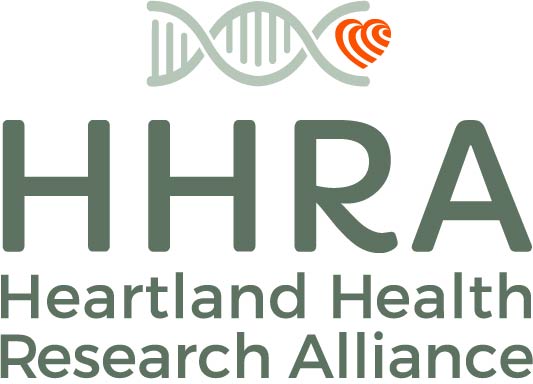One of the main sources of pesticide exposure is through the diet. It is critically…

HHRA Research Partners Publish Groundbreaking Paper with New Insights on Glyphosate’s Impact to the Microbiome
This new study — the first to compare the toxicity of glyphosate to the widely used European Union (EU) Roundup formulation MON 52276 at doses that regulators claim to be safe — was published in the journal Environmental Health Perspectives on January 27, 2021. MON 52276 is the EU “representative” Roundup formulation upon which risk assessments are based. See the full paper in our bibliography.
The study, conducted by an international team of scientists based in London, France, Italy, and the Netherlands, and led by Dr. Michael Antoniou of King’s College London, is the first to describe a mechanism by which glyphosate and Roundup affect the function of the gut microbiome (bacterial populations and biochemical function) in rats, which is the standard surrogate system which regulators rely upon for assessing the human health risks of chemicals. The study found that glyphosate disrupts the rat gut microbiome by the same mechanism by which it acts as an herbicide: inhibition of the shikimate biochemical pathway (see this FAQ for why this matters to public health).
Moreover, by measuring molecular composition profiles in both blood and the gut, the new study also shows that Roundup MON 52276 (as Roundup BioFlow) is more disruptive than glyphosate alone. Rats consuming this Roundup formulation developed signs of oxidative (reactive oxygen) stress, which was not so evident with solely glyphosate. This is a concern as oxidative stress can not only cause damage to cells and organs, but also to DNA, which can lead to serious disease such as cancer.
“Our results highlight the importance of investigating the long-term toxicity, not just of glyphosate alone, as regulators worldwide currently require, but also the chemical mixtures that make up commercial Roundup formulations, to which people and the environment are exposed,” says lead author Michael Antoniou. “In addition, this study demonstrates the need for regulators to urgently adopt state-of-the-art molecular composition profiling methods (collectively called “omics” analyses) as part of their risk assessment procedures in order to assess more accurately the toxicity of chemical pollutants and thus better protect public health. Furthermore, the molecular composition profiles found in this study can serve as signatures to measure the effects of glyphosate and Roundup in human populations.”
For a closer look at the implications of the study, see guest blogs by co-author Dr. Mesnage and pediatrician and HHRA Science Advisory Board member Dr. Michelle Perro. For research updates, sign up here.
Source:
Mesnage, R, Teixeira, M, Mandrioli, D., Falcioni, L., Ducarmon, QR, Zwittink, RD, Mazzacuva, F, Caldwell, A, Halket, J, Amiel, C., Panoff, J. , Belpoggi, F., & Antoniou, MN; “Use of shotgun metagenomics and metabolomics to evaluate the impact of glyphosate or Roundup MON 52276 on the gut microbiota and serum metabolome of Sprague-Dawley rats;” Environmental Health Perspectives, 2021 (in press); DOI: 10.1289/EHP6990.



